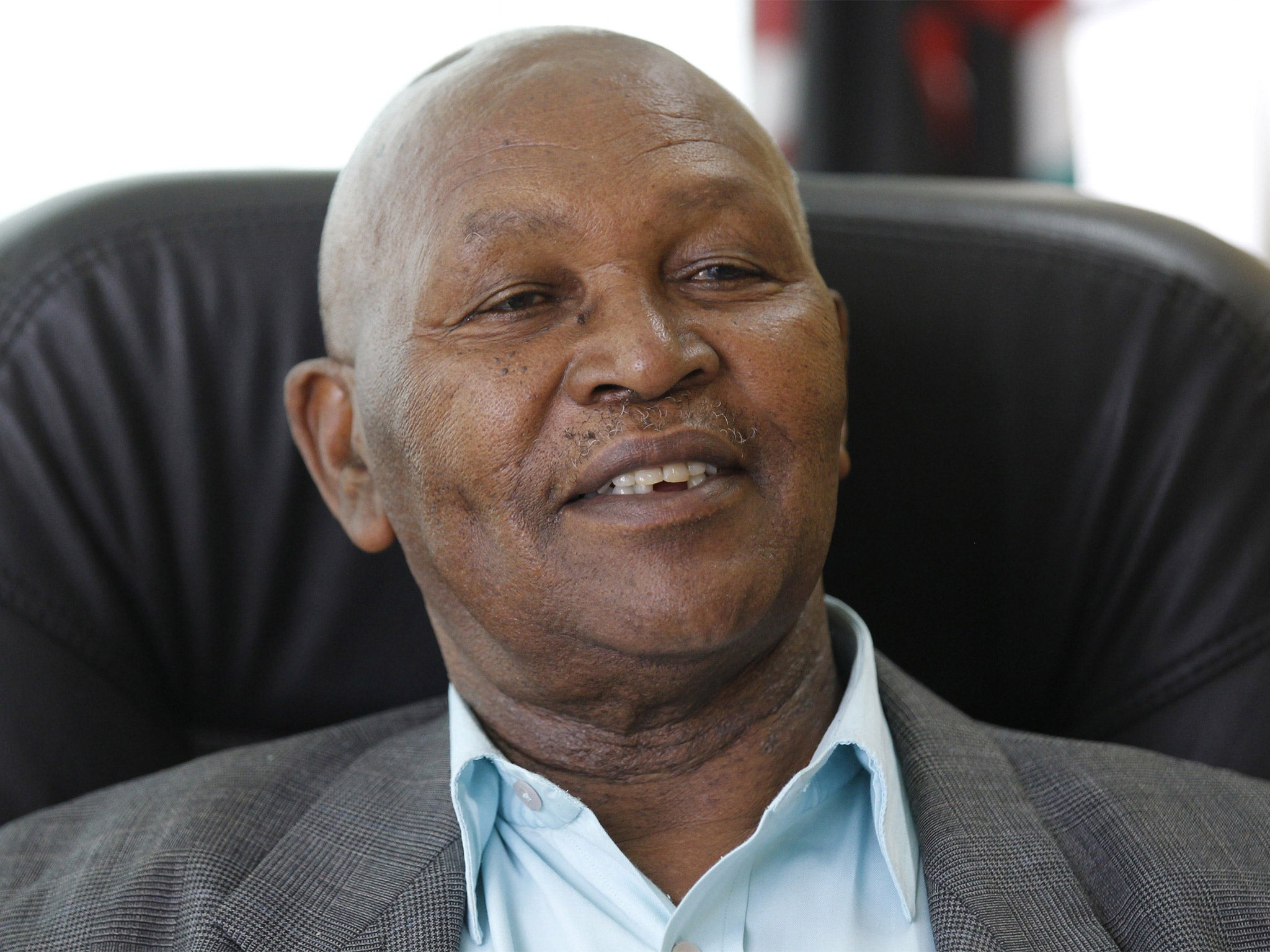Zika virus could prompt Kenya to withdraw from Rio Olympics if outbreak ‘reaches epidemic levels’
Country's Games chairman seeking assurances from organisers over the impact of the virus

Your support helps us to tell the story
From reproductive rights to climate change to Big Tech, The Independent is on the ground when the story is developing. Whether it's investigating the financials of Elon Musk's pro-Trump PAC or producing our latest documentary, 'The A Word', which shines a light on the American women fighting for reproductive rights, we know how important it is to parse out the facts from the messaging.
At such a critical moment in US history, we need reporters on the ground. Your donation allows us to keep sending journalists to speak to both sides of the story.
The Independent is trusted by Americans across the entire political spectrum. And unlike many other quality news outlets, we choose not to lock Americans out of our reporting and analysis with paywalls. We believe quality journalism should be available to everyone, paid for by those who can afford it.
Your support makes all the difference.The head of Kenya’s Olympic committee has suggested his country could pull out of this summer’s Games in Rio de Janeiro if the Zika virus in Brazil “reaches epidemic levels”.
Kipchoge Keino, chairman of the National Olympic Committee of Kenya said that he was seeking assurances from organisers over the impact of the virus – suspected of being linked to a rise in birth defects and other health problems in Brazil - before the Games in August.
“Obviously, we are not going to risk taking Kenyans there if this Zika virus reaches epidemic levels,” said Mr Keino, who won gold medals at the Mexico City and Munich Olympics. “They have to assure us the country is safe enough to take athletes there.”
He added that he had contacted Olympic authorities to raise his concerns and said that if assurances were forthcoming, there would be no problem with Kenyan athletes attending.
However, perhaps aware that Kenya was the first nation to voice the idea of a boycott, the country’s Olympic committee later sought to play down the comments, saying that Mr Keino may have been “quoted out of context”.
“It is too early to make a determination on the status of the virus during the games time which is six months away,” said Kenya’s chief de mission for the Rio Olympics, Stephen Soi. He added that the Kenyan committee was receiving regular updates on the virus, which has spread to more than 20 countries across the Americas.
Kenya’s sports minister Hassan Wario said the country has not yet decided whether to take part in Rio Olympics, after meeting with health officials. Mr Wario said that the health and sports ministries would continue to consult and he could only make an “apt decision” with advice from the health ministry.
The loss of Kenya would be a blow, particularly to events such as middle and long-distance running in which the team has a strong presence. However, the country’s preparations have been marred by allegations of doping after a spate of failed drugs tests.
Sports authorities across the world are scrambling to find out more about the mosquito-borne virus as they make plans for the Games. The World Health Organisation declared an international health emergency earlier this month over the outbreak that authorities fear is linked to a rise in cases of microcephaly, a birth defect marked by an abnormally small head.
The US Olympic committee has told its sports federations that athletes and staff concerned for their health should consider not going to Rio, according to Reuters. But a spokesman for the US Olympic Committee said reports that athletes could skip the Games were “inaccurate”.
Elsewhere, both the Australian and New Zealand Olympic Committees have said they would support any athlete that wanted to withdraw.
Perhaps mindful of the damage even a partial a boycott would cause to the prestige of the first Olympics to take place in South America, Brazilian officials have insisted the Games would be unaffected. A nationwide campaign has been launched to rid the country of the mosquito that carries the virus, and Olympic venues will be regularly checked for presence of the insects.
“I do not believe the occurrence of the Zika virus will compromise the 2016 Games,” Rio mayor Eduardo Paes said. “I do not think there will be an impact mainly because this time of year [August] is winter and the dry season, and we have no history of mosquito action during this period, but we are taking precautions.”
Join our commenting forum
Join thought-provoking conversations, follow other Independent readers and see their replies
Comments